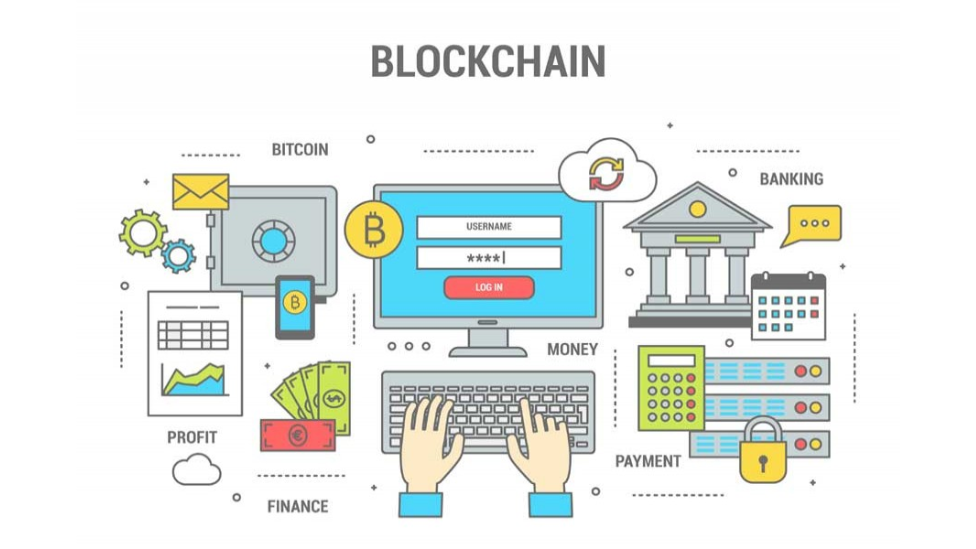In the Middle East, recent technologies and global trends have pushed changes and evolution in the banking and financial space. Many top financial institutions have made sizeable investments to improve their digital capabilities from these technologies. These technologies include artificial intelligence (AI), blockchain, big data, and cloud computing. Also, there is a growing demand for more convenient, secure, and quicker payment methods.
Particularly in, nations like Saudi Arabia, Bahrain, and the United Arab Emirates have embraced blockchain technology. Major stakeholders are working actively with cryptocurrency startups and setting up legislative frameworks to assist its adoption.
Potential Uses of Blockchain in Financial Services
Here are some of the ways in which blockchain is transforming the landscape of digital banking.
Faster cross-border transactions
Due to inadequate monitoring and regulatory standards, many businesses have difficulties that lead to liquidity hazards, interest rate volatility, and other financial problems. By removing operational risks related to fraud and human error and lowering counterparty risks, blockchain has the potential to transform capital markets. Financial goods and assets are becoming more digital and tokenized. This development births fractional ownership, more global participation, and makes trading easier. Together, these developments reduce capital costs and increase liquidity.
Transparent and traceable record of transactions
Blockchain technology can improve the security of banking transactions for good. The technology can eliminate financial fraud and data redundancies. In the long run, it presents a transparent audit trail. Numerous ledgers safeguard blockchain networks, and any modifications to data require approval from all participants within the network. This strong security framework makes it very difficult for hackers to access and compromise important information.
Reduces Cost
Blockchain technology can help automate financial services in the Middle East. This benefits many as it births a simplified transaction workflow and faster processing of payments and loans. Blockchain can dramatically cut the high expenses associated with shoddy record-keeping and reconciliation, which may lead to fraud charges. Automating multiple facets of digital transactions increases efficiency and reduces vulnerability to online attacks. This way, financial institutions can successfully solve many of the problems with speed and cost. Financial institutions do not need much paperwork required for banking. Thus, it reduces operating expenses and does away with the necessity for third-party intermediaries.
Enforces compliance
Blockchain improves network governance by standardizing practices and automating compliance. Financial institutions must ensure compliance in the face of complex regulatory changes, especially when doing international business. Therefore, this is very important to them. Compliance with regulations is equally important in the trade and eCommerce industries. Blockchain improves reporting and transaction validation while also making real-time financial transactions simpler. The possibility of fraud is eliminated, and speedier settlements are made possible by its immutable ledgers and digitalization of assets.
Takeaway
In modern banking, blockchain technology has some juicy potential. The interest in blockchain is still high despite the considerable implementation problems and the absence of widespread government acceptance and acknowledgment of its uses. However, this lack of formal recognition does not prevent its development, and blockchain has the potential to improve the standing of financial markets, international commerce, and trade finance in the next years.




























